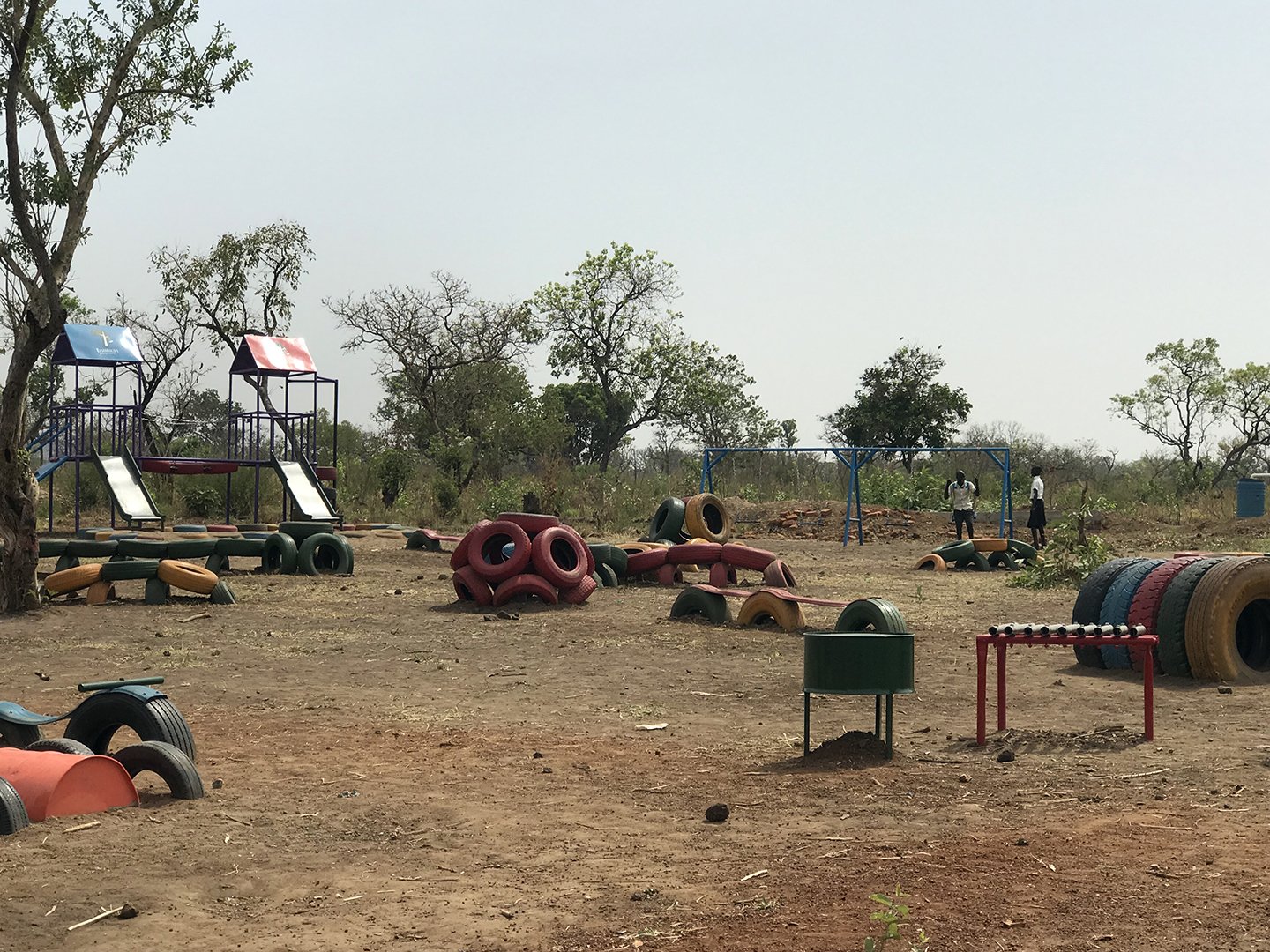Education and Psychosocial Support in Forced Migration Contexts
Educational Policies and Schooling Practices for Urban Refugees
Ecuador, Kenya, Lebanon
2015-2017
This global mixed-methods study examined the gap between policy and practice when it comes to ensuring access of displaced children to educational and support services in urban settings. The report recommended that refugee students be fully integrated and included in national schools, and that civil organizations supported non-formal education programs to address the distinct needs of refugee students not met by government schools.
Education for Resettled Refugees & Asylees
New York City
2015-2016
This qualitative and multi-modal study examined the educational needs of refugee students in New York City schools, how schools were meeting those needs, and what school institutional factors best facilitated students’ academic achievement? Youth participants engaged in participatory visual methods, through which they took pictures of people and/or places they felt helped them be successful in school. The images that resulted from the participatory visual methods approach were also used to guide a deeper discussion about educational needs during focus group discussions. The study found that refugees were generally grouped together with other immigrants, with insufficient attention to their unique experiences and needs, which resulted in inadequate services.



